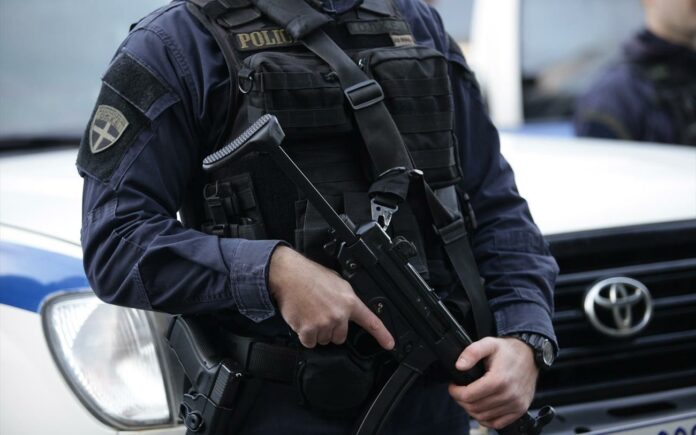The latest flare-up in Greek-German relations came this week when authorities in both countries confirmed that a teenage Afghan man sentenced to jail in Greece in 2014 for attempted homicide on Corfu is the DNA-linked suspect in the October 2016 rape and murder of a 19-year-old woman in southwest Germany’s Freiburg.
The slaying of medical student Maria Ladenburger on Oct. 16, after she left a late-night college party on her bicycle, generated a massive police operation in the German district close to the French and Swiss borders.
Police said a man identified as a 19-year-old asylum seeker from Afghanistan who had illegally entered the country as an unaccompanied refugee minor, matched genetic material recovered at the crime scene. His name was given as Hussein Khavari, whose arrest was recently announced.
On Thursday, German Federal Interior Minister Thomas de Maizière criticized Greek authorities for not issuing an international arrest warrant when Khavari failed to meet parole conditions after he was released a little more than a year into a 10-year sentence.
At the time, he was conditionally set free via a new law, dubbed the “Paraskevopoulos Law” after the then Greek justice minister, which was aimed to relieve prison overcrowding.
The Afghan man claimed to be a minor when arrested on Corfu in 2013 for mugging and throwing a young woman off an eight-meter seawall in the island capital. Khavari was also an asylum seeker in Greece at the time, having illegally entered the country and claiming refugee status.
“What happened is very sad, and we will certainly discuss it with the Greek side,” the German minister said during a press conference. “The Greek authorities, unfortunately, failed (to issue) an international warrant.”
After his release, the foreign national was not deported but, instead, obliged to appear twice a month at a local police precinct in central Athens, ostensibly near an address where he would have resided. He never showed up.
De Maizière said that with an arrest warrant on German police’s computer screens, the suspect could have been picked up during regular checks in the country’s major cities, and even during an examination of his asylum request.
The tragic incident also generated political waves back in Athens, as main opposition New Democracy deputy and former justice minister Christos Athanasiou charged that the suspect in the Freiburg crime was released under the controversial 4322/2015 law, a bill vehemently opposed by his party.
He also criticized the then SYRIZA minister, Nikos Paraskevopoulos, who was in attendance at a Parliament debate on Thursday, where Athanasiou reminded of his criticism, especially the possibility of convicted terrorists and violent offenders being released under the 2015 law.
In response, Paraskevopoulos, a college professor before entering politics, merely said in his defense that furloughs and parole are “institutions that contribute to the balance in favor of legality … they facilitate re-integration, they entail a cost; there are people who leave on furlough and commit crimes; there are people who leave on parole and commit crimes.” Overall, however, he said the furlough and parole framework has more benefits.
SYRIZA deputies also said the suspect was a minor at the time of his release, without referring specifically to the latest heinous crime committed in Germany.














